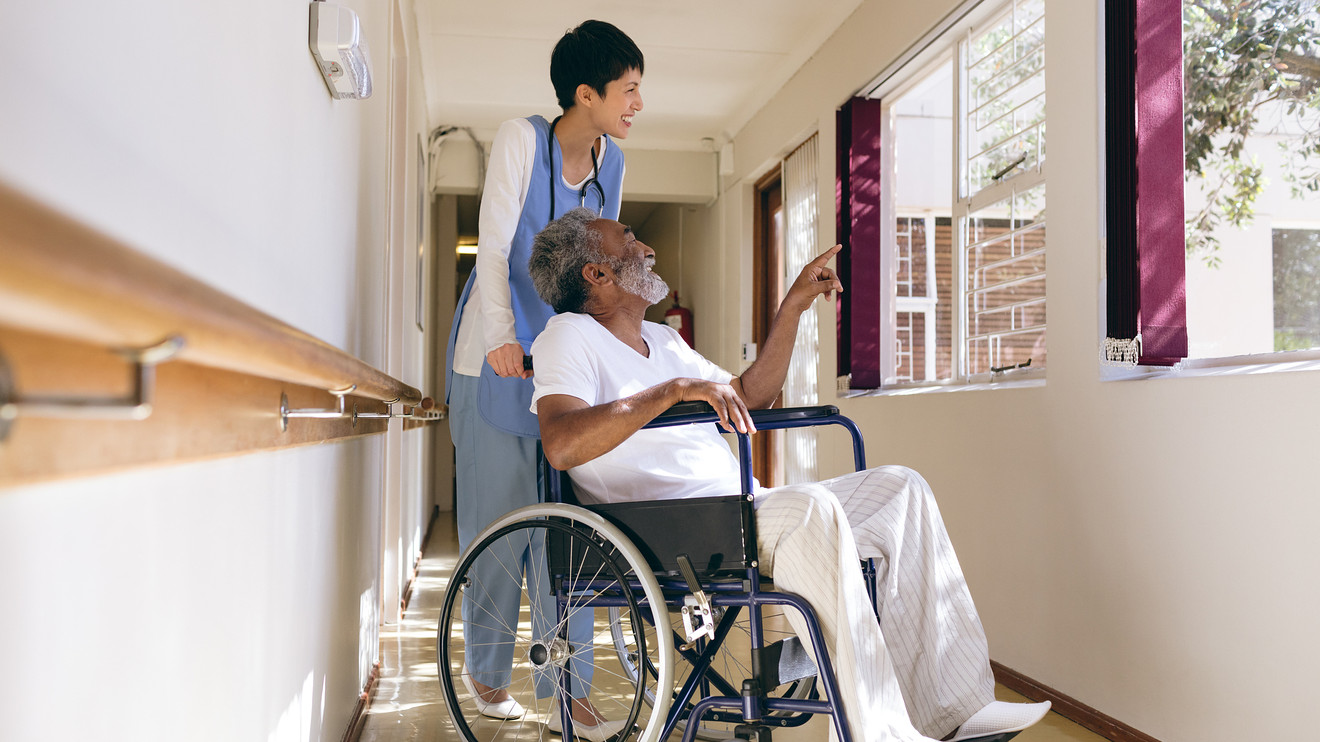Choosing a nursing home for your loved one can be difficult and emotional. You want to ensure they receive the best care possible and are safe from abuse and neglect. Unfortunately, nursing home abuse and neglect are a genuine concern, and taking steps to prevent them from happening is essential.
One should know how to choose a nursing home for their loved one and prevent abuse and neglect. By following the steps to selecting a good nursing home, you can ensure that your loved one receives the care and respect they deserve. If you or your loved one have been a nursing home abuse or neglect victim, you must schedule a case consultation with a lawyer.
Choosing a good nursing home and preventing abuse and neglect:
- Research
Choosing the right nursing home for a loved one can be daunting. It is vital to do thorough research to ensure the facility meets its needs and provides a safe and healthy environment.
Additionally, preventing abuse and neglect is crucial. Research should include the following:
- Investigating the nursing home’s track record.
- Speaking with staff and residents.
- Ensuring that there are adequate measures in place to prevent abuse and neglect.
- Visit the nursing home.
During the visit, observing the living conditions and interactions between staff and residents is vital. Ask questions about the nursing home’s policies and procedures for preventing abuse and neglect, and speak with staff and residents to gain insights into their experiences. Take note of any red flags and trust your instincts when deciding.
- Check staffing levels
Adequate staffing levels ensure that residents receive the necessary care and attention, reducing the risk of neglect and abuse. Ask about the facility’s staffing ratios and turnover rates, and inquire about the qualifications and training of the staff. Consider the staff-to-resident balance during different shifts and the availability of specialized care if needed.
- Monitor the patient’s care.
Regularly check on your loved one and communicate with the nursing home staff to ensure they receive appropriate care. Look for any signs of neglect or abuse, such as unexplained injuries, poor hygiene, or changes in behavior. Keep detailed records of any concerns and address them with the nursing home management. Being proactive can prevent severe issues from occurring.
- Report any concerns
If you suspect any mistreatment, whether it is physical, emotional, or financial, it is essential to report it immediately to the nursing home management, ombudsman, or state agency. Record the incidents and document any evidence, such as photos or medical records. Reporting concerns can protect your loved one and prevent similar incidents from happening to others.











